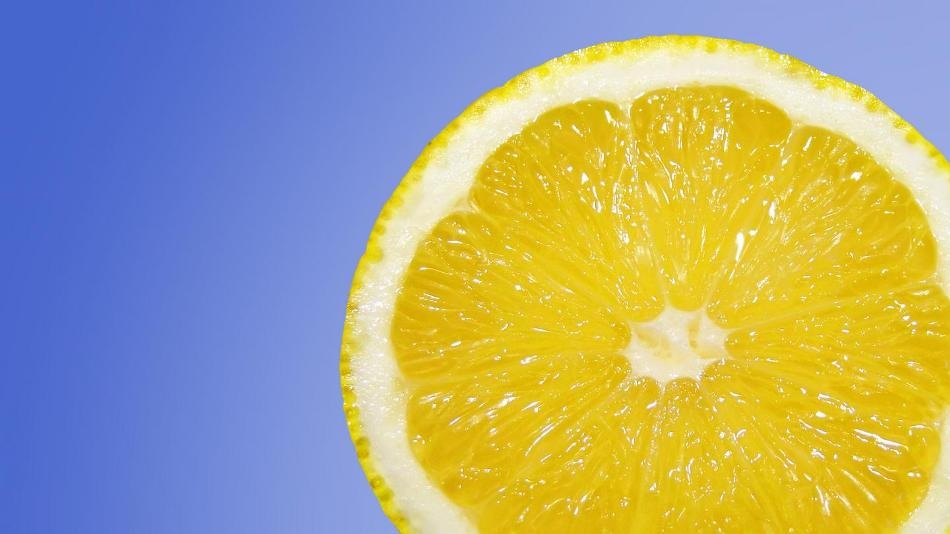Jul 18 2017
Polycarbonates can be found in numerous products from phone cases to airplane windows. Globally, several million tons of polycarbonate are manufactured annually. However, worries regarding the hazards of this material are increasing because of the toxicity of its precursors, particularly bisphenol-A, a probable carcinogen.
 Limonene may be the key to new, environmentally friendly polymers. (CREDIT - Public domain)
Limonene may be the key to new, environmentally friendly polymers. (CREDIT - Public domain)
Currently, a team of Chemists headed by Arjan Kleij, ICIQ Group Leader and ICREA Professor, formulated a technique to create polycarbonates from limonene and carbon dioxide (CO2), both plentiful and natural products. Moreover, limonene is able to substitute an unsafe building block presently used in commercial polycarbonates: bisphenol-A (also referred to as BPA). Although BPA has been recurrently classified as a safe chemical by American and European agencies, certain studies emphasize that it is a potential neurotoxic, endocrine-disruptor and carcinogen. Some countries like Denmark, France and Turkey have banned the use of BPA in the manufacture of baby bottles.
BPA is safe, but still causes concerns and is produced from petroleum feedstock. Our approach replaces it with limonene, which can be isolated from lemons and oranges, giving us a much greener, more sustainable alternative.
Arjan Kleij, ICIQ Group Leader and ICREA Professor
Because completely replacing BPA for limonene can be complicated for a lot of industries at present, Kleij explains that BPA can progressively take over, "We can start adding small quantities of limonene, then progressively substituting BPA," he comments. "Step by step, the adaptation process could lead to new limonene derived biomaterials with similar, or even enhanced and novel properties."
The Researchers managed to produce a more environmentally friendly polymer as well as managing to enhance its thermal properties. This limonene-derived polymer has the maximum glass transition temperature ever observed for a polycarbonate,
We were quite surprised to find this, because known bio-plastics have worse thermal properties than classic polymers. We were first sceptic about these findings, but we were able to reproduce these features consistently.
Arjan Kleij, ICIQ Group Leader and ICREA Professor
Possessing a high glass transition temperature has other effects: the new plastics need higher temperatures to melt, which make them safer for daily use. Furthermore, this new polymer can also offer numerous new applications for polycarbonates and block copolymers using suitable material formulations.
Kleij and Co-workers are presently negotiating with Plastic Manufacturers to further promote the industrial manufacture of limonene-derived biomaterials.